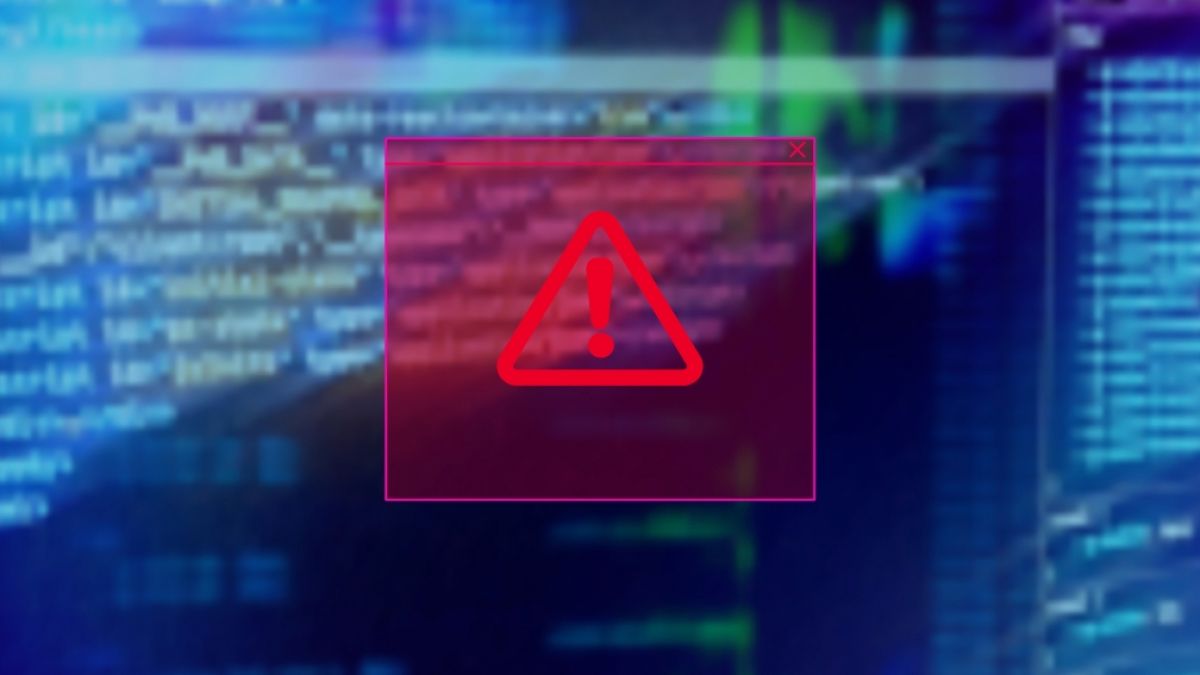The BSI has published a current IT security notice for QEMU. You can find out more about the affected operating systems and products as well as CVE numbers here on news.de.
The Federal Office for Security in der Informationstechnik (BSI) published a security advisory for QEMU on July 13th, 2023. The Linux operating system and the open source product QEMU are affected by the vulnerability.
The latest manufacturer recommendations regarding updates, workarounds and security patches for this vulnerability can be found here: Red Hat Bugzilla Security Notification (Stand: 12.07.2023).
Safety notice for QEMU – risk: low
Risk level: 3 (low)
CVSS Base Score: 4,1
CVSS Temporal Score: 3,6
Remote Attack: No
The Common Vulnerability Scoring System (CVSS) is used to assess the severity of vulnerabilities in computer systems. The CVSS standard makes it possible to compare potential or actual security vulnerabilities based on various metrics in order to better prioritize countermeasures. The attributes “none”, “low”, “medium”, “high” and “critical” are used for the severity of a vulnerability. The base score assesses the prerequisites for an attack (including authentication, complexity, privileges, user interaction) and its consequences. With the temporal score, framework conditions that change over time are included in the evaluation. The severity of the vulnerability discussed here is classified as “low” according to the CVSS with a base score of 4.1.
QEMU Bug: Vulnerability allows Denial of Service
QEMU is free virtualization software that emulates all of a computer’s hardware.
A local attacker could exploit a vulnerability in QEMU to perform a Denial of Service attack.
The vulnerability is identified with the unique CVE identification number (Common Vulnerabilities and Exposures) CVE-2023-3019 traded.
Systems affected by the QEMU vulnerability at a glance
operating system
Linux
Products
Open Source QEMU (cpe:/a:qemu:qemu)
General recommendations for dealing with IT vulnerabilities
Users of the affected applications should keep them up to date. When security gaps become known, manufacturers are required to remedy them as quickly as possible by developing a patch or a workaround. If new security updates become available, install them as soon as possible. For information purposes, consult the sources listed in the next section. These often contain further information on the latest version of the software in question and the availability of security patches or tips on workarounds. If you have any further questions or are unsure, contact your responsible administrator. IT security officers should regularly check the sources mentioned to see whether a new security update is available.
Sources for updates, patches and workarounds
Here you will find further links with information about bug reports, security fixes and workarounds.
Red Hat Bugzilla Security Notification vom 2023-07-12 (13.07.2023)
For more information, see:
Version history of this security alert
This is the initial version of this IT security notice for QEMU. If updates are announced, this text will be updated. You can understand the changes made using the following version history.
07/13/2023 – Initial version
+++ Editorial note: This text was created with AI support based on current BSI data. We accept feedback and comments at [email protected]. +++
follow News.de already at Facebook, Twitter, Pinterest and YouTube? Here you will find the latest news, the latest videos and the direct line to the editors.
roj/news.de
